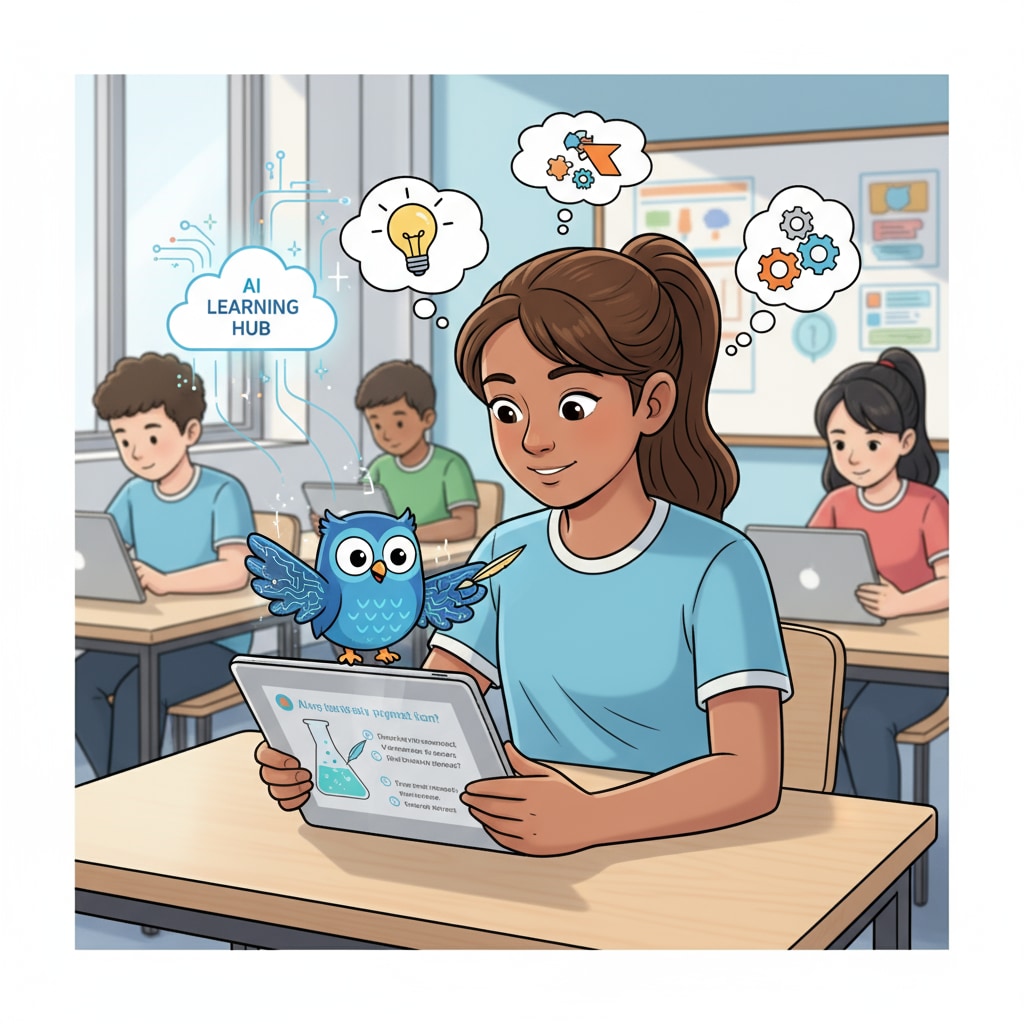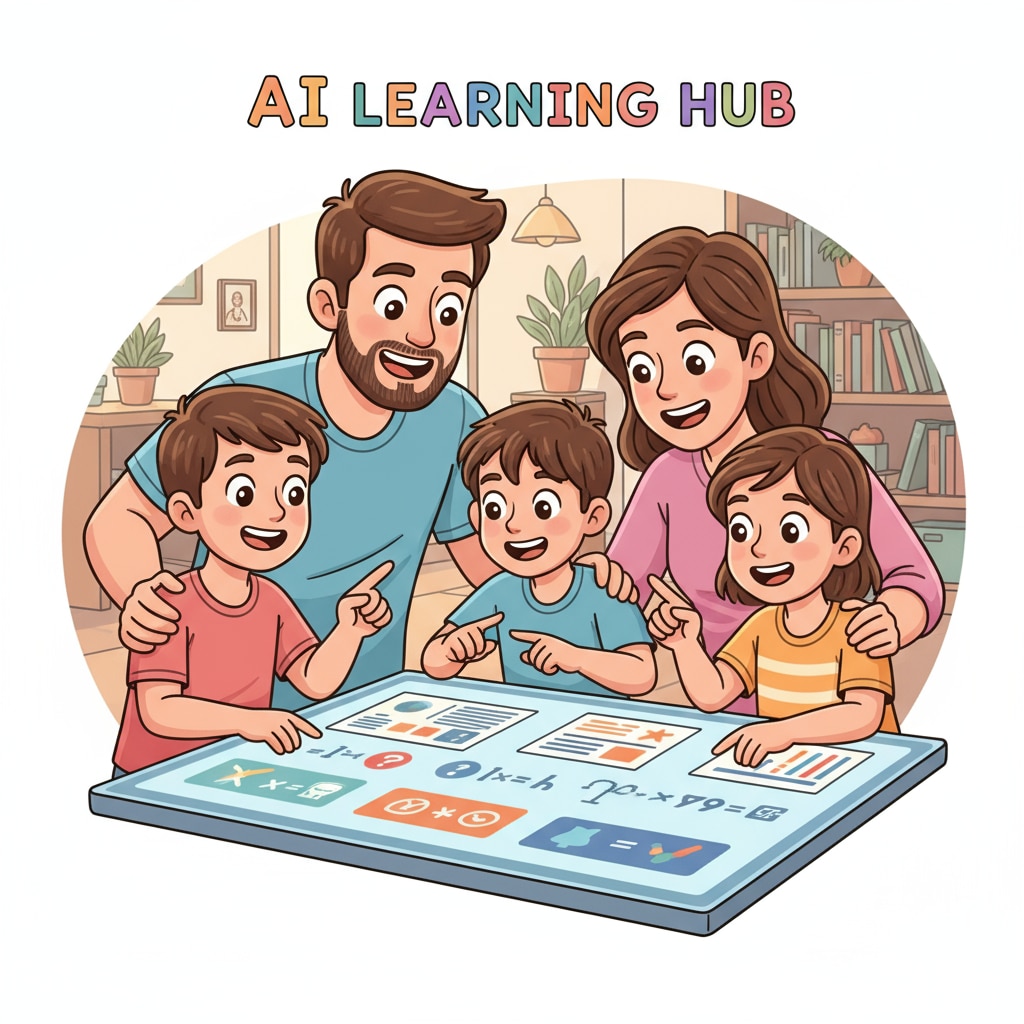Artificial intelligence, education, and machine learning are at the forefront of a significant transformation in the field of K12 education. As technology races ahead, AI is no longer a distant concept but an increasingly integral part of the educational landscape. This article delves into how innovators are leveraging AI to redefine the traditional educational paradigm, with a particular focus on the efforts of individuals like Derek Li in reshaping family education.

The Invasion of AI in K12 Education
In recent years, the integration of artificial intelligence in K12 education has been gaining momentum. AI – powered tools and platforms are being introduced into classrooms and homes alike. For example, intelligent tutoring systems can adapt to a student’s learning pace, providing personalized instruction. These systems use machine learning algorithms to analyze a student’s performance data, identify areas of weakness, and offer targeted learning materials. Artificial intelligence in education on Wikipedia shows a wide range of applications from early adopters.
Redefining Family Education with AI: The Case of Derek Li
Derek Li is one of the pioneers in using AI to revolutionize family education. He recognized the potential of AI in creating a more engaging and effective learning environment at home. Li developed an AI – based family education platform that combines machine learning and natural language processing. This platform can interact with children, answer their questions, and even design customized learning plans based on their interests and learning goals.

For instance, if a child shows a strong interest in science, the system will recommend relevant experiments, reading materials, and video content. Artificial intelligence on Britannica provides more insights into the underlying technologies.
The platform also enables parents to monitor their children’s learning progress in real – time. Through machine learning analytics, parents can receive detailed reports about their child’s strengths and areas that need improvement. This way, parents can actively participate in their children’s education, working in tandem with the AI system to support their learning journey.
As AI continues to evolve, the future of K12 education looks promising. While it may challenge the traditional role of teachers, it also opens up new opportunities for more personalized, accessible, and engaging learning experiences. Whether in the classroom or at home, the integration of artificial intelligence, education, and machine learning is set to reshape the way students learn and grow.
Readability guidance: The key points are presented in short paragraphs and lists for better understanding. Each H2 section contains relevant information in a structured way. The use of passive voice is minimized, and long sentences are kept to a reasonable proportion. Transition words are used throughout the article to enhance the flow.


